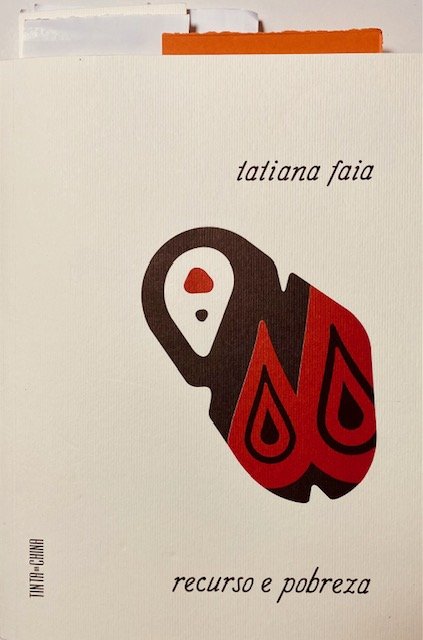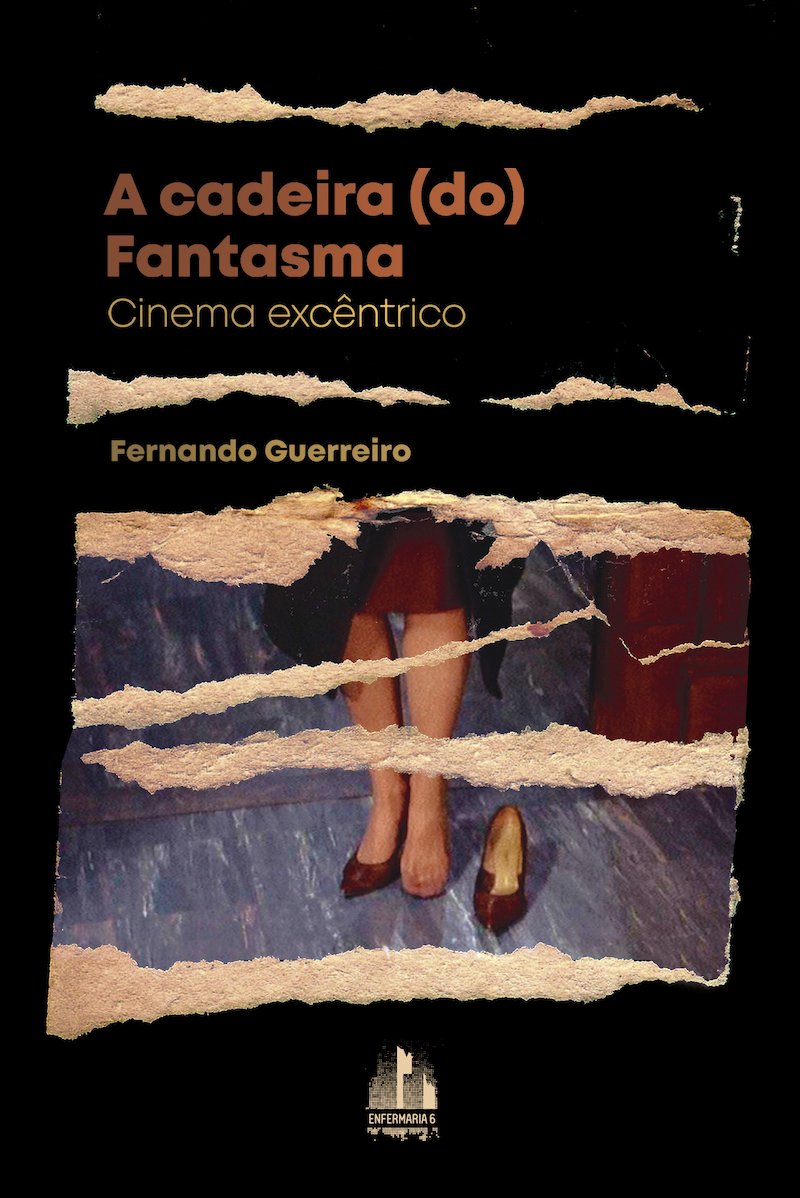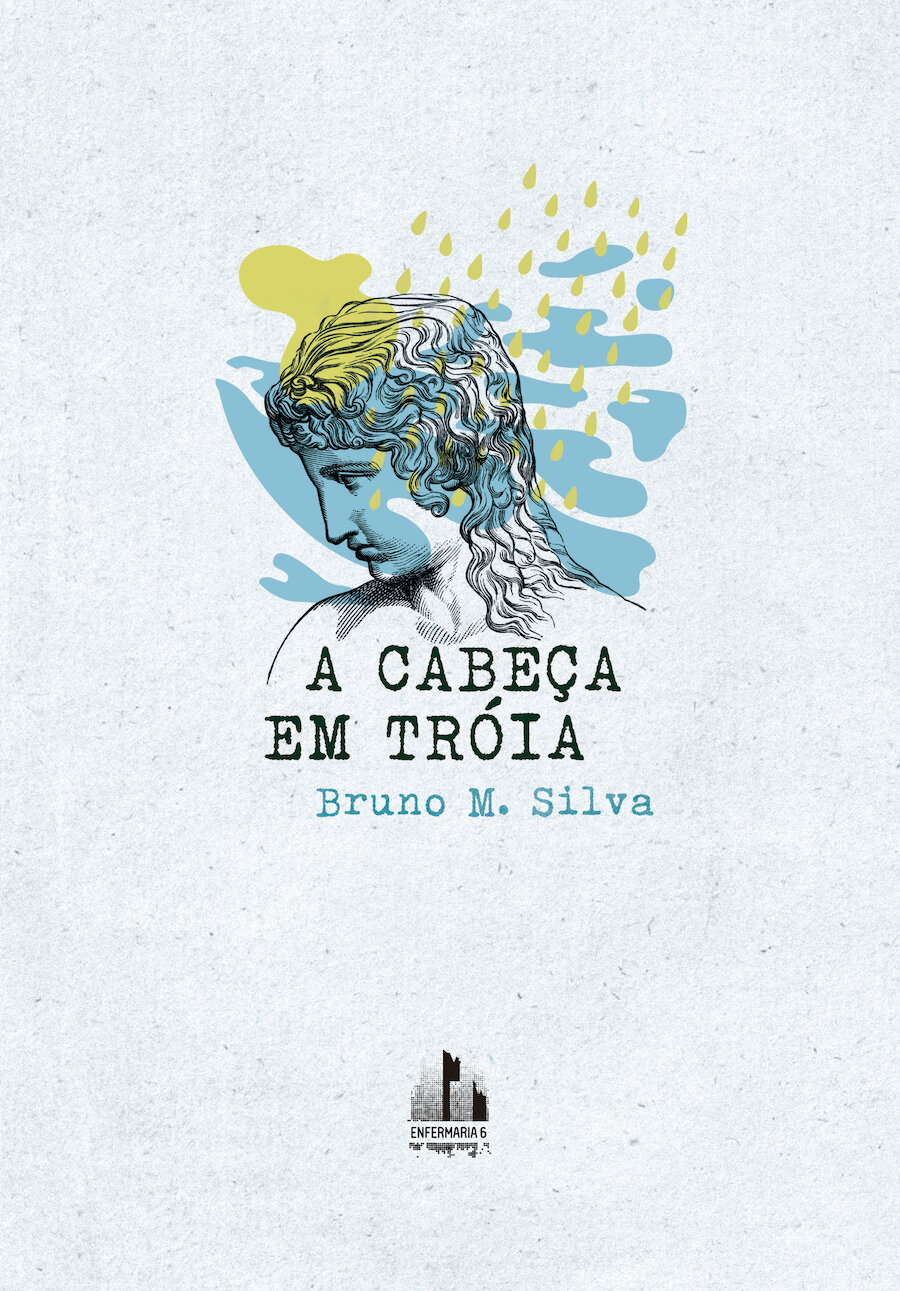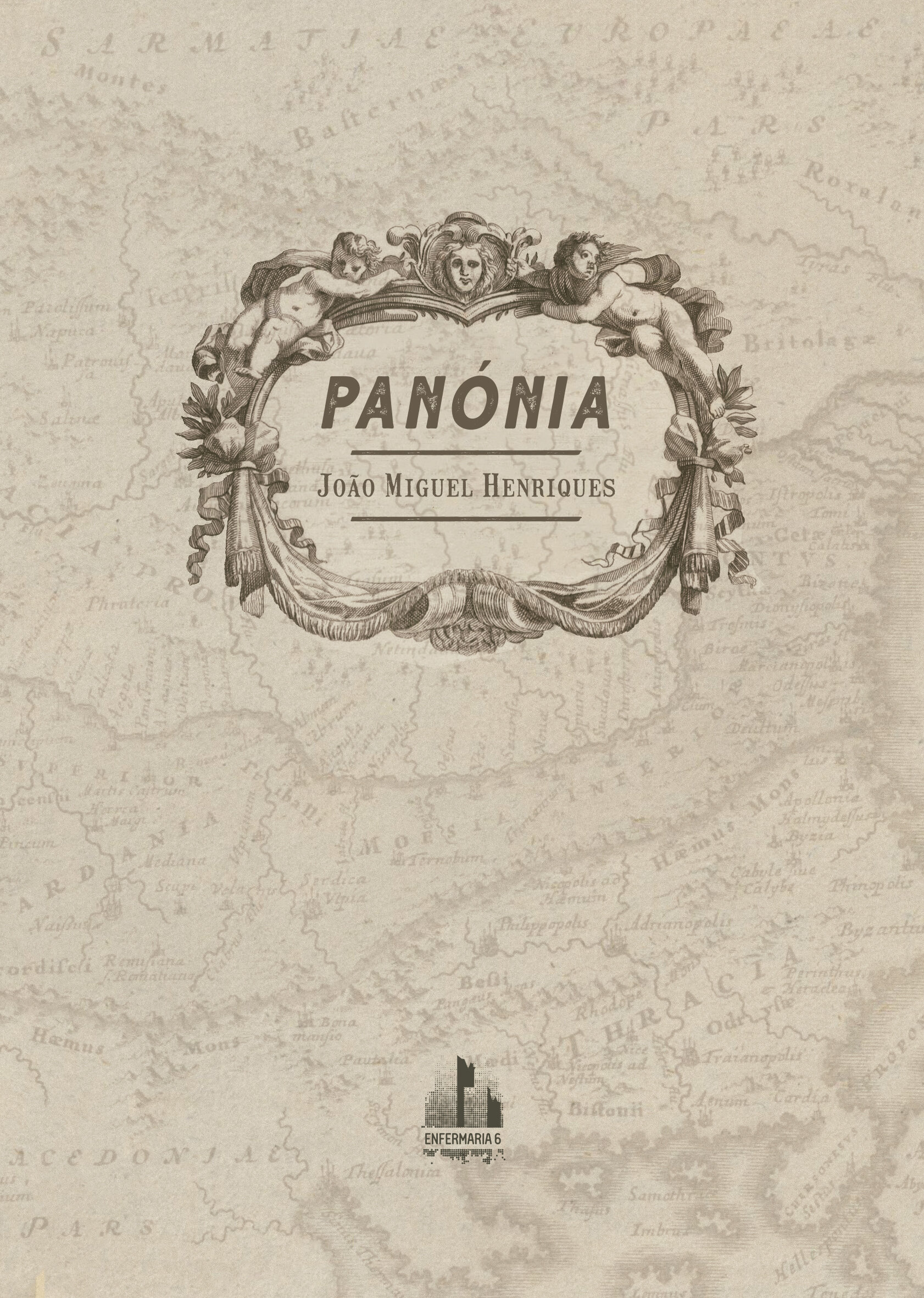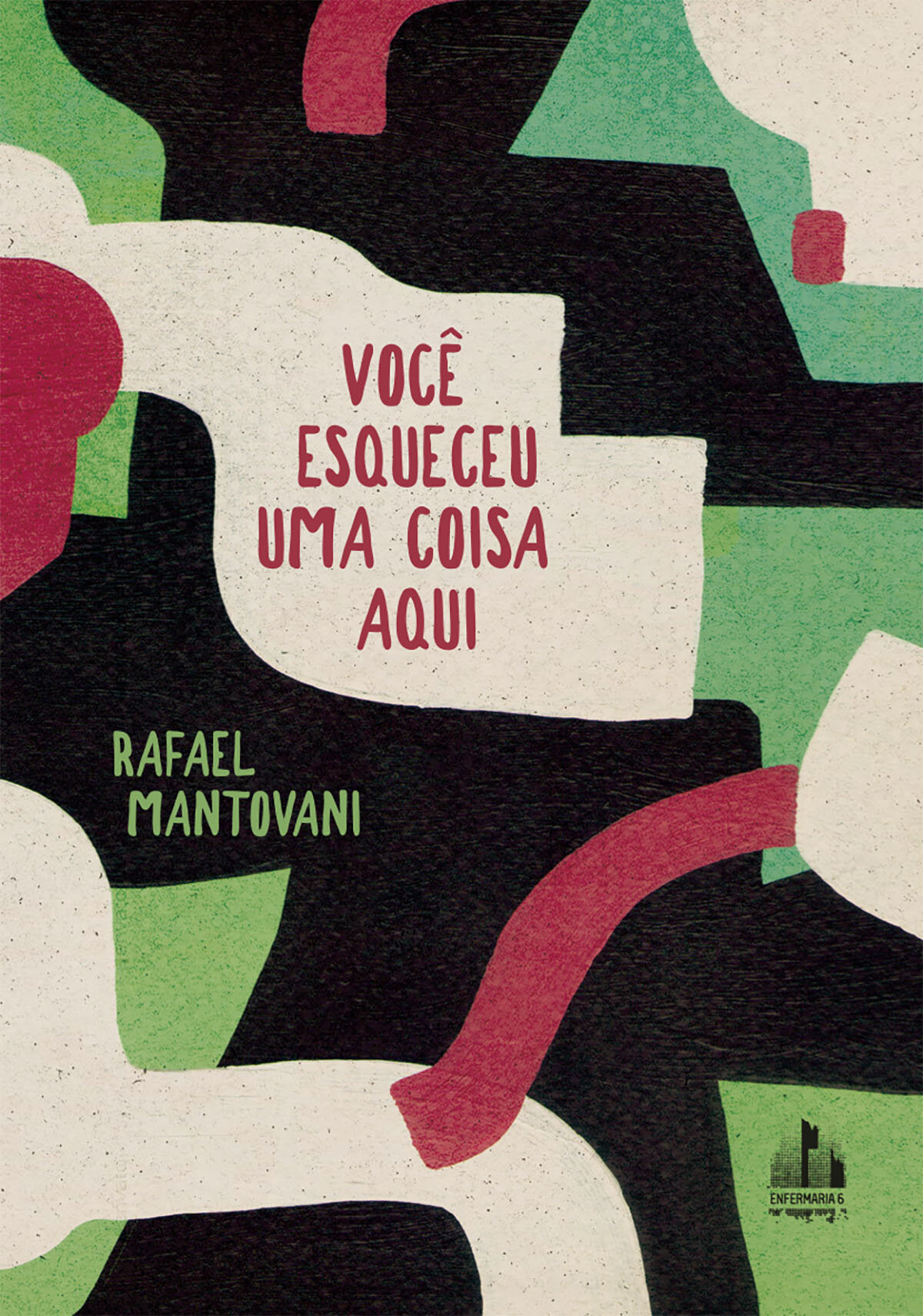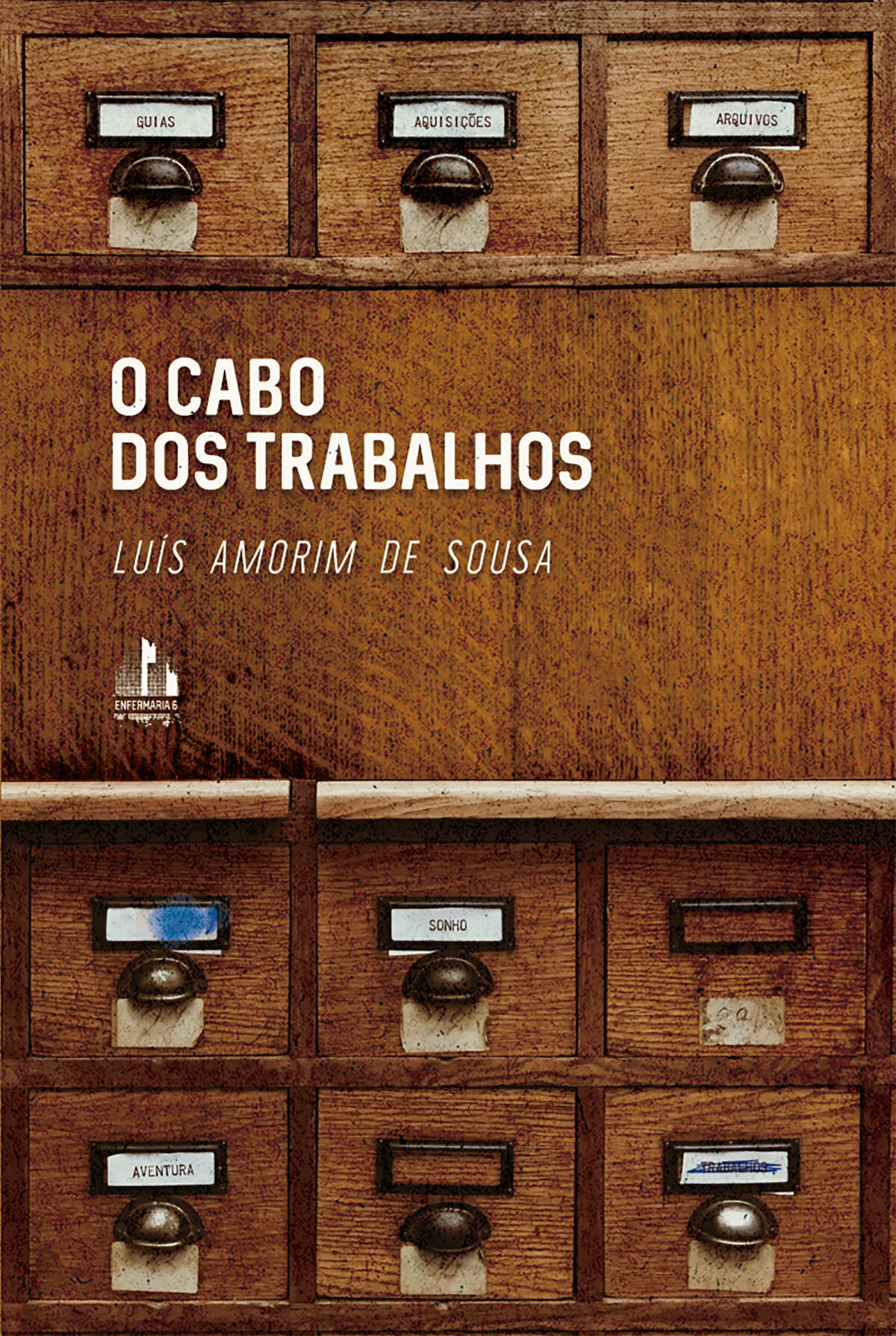Estúpido, sem ser excêntrico nem bizarro
/Um pub e um domingo à noite, em 1987. Estão os quatro sentados à mesa. Alta, rectangular, madeira escura, esburacada, restos de tinta. Imaginamo-los sentados, dois de um lado e dois do outro, costas atiradas para trás, um braço estendido sobre a mesa e o outro ocupado com qualquer coisa, talvez a chamar a empregada para pedir mais uma tosta. De repente, parecia estar tudo a acontecer. Primeiro foi a banda e agora era a revista.
No dia seguinte, e nos outros, imaginamo-los de novo sentados à mesa. Alta, rectangular, madeira escura, páginas em branco, recortes de jornais velhos, tesouras, tubos de cola. Um deles há-de levantar-se para ir a correr comprar uma caneta, que a outra já está gasta. Então farão uma pausa. Levantar, esticar as costas, sacudir as pernas, caminhar até ao balcão e voltar. Talvez façam uma partida de matrecos. Quando o que saiu regressar hão-de continuar o trabalho até ser noite, e lá fora ninguém e no pub ninguém, a não ser eles e os empregados do último turno. Terão de ir embora. No dia a seguir a mesma coisa e nos outros também.
Talvez não tenha sido assim. Sabemos de uma noite de domingo e de um pub, em 1987. Eis o que sabemos.
Passaram-se 27 anos. Fomos falar com eles. Uma entrevista com T. Fitzayré, J. Hackson, E.P. Smoke e A. Weizen, os editores da Clod Magazine.
I’ve been researching about Clod Magazine on the Internet but haven’t discovered much. Are you shy?
In an act of sheer bloody-minded defiance and the romantic love of paper, we produce paper copies only of Clod Magazine, usually in numbers of 250 or 300. We also have a website which potentially keeps the world informed about our magazine and book issues, activities, history, etc. It includes some sample pages and front covers. As a new and under-visited site it might be tricky finding it; the address is www.clodmagazine.wix.com/ourspace. We are trying not to hide on the world-wide-web, and are currently even contemplating selling back issues of deleted Clods as a download. We are shy in the sense that we don’t make our work available for free. We can always benefit from links with other like-minded individuals.
Clod Magazine. What is that?
A Clod means a ‘stupid person’, and also a ‘lump of claggy soil’. This seems to act as a good summary of our stuff. As far as the magazine is concerned Clod is the banner of high quality but unremittingly cheap produce. Clod is our one outlet for all the words and phrases that we would like to see on paper, but as yet have not. It is stupid, without being zany or wacky. We do not publicise bands or anything else that might appear to be hep (ie. not much that would appeal to a ‘steampunk’, or someone who professes to be a ‘steampunk’. Whatever that is).
How did Clod Magazine come about?
We started the magazine when we were in a pub in 1987. It was a Sunday night, and we were in a band called Thrilled Skinny at the time. We thought we should have a magazine for all the bits and pieces that we were recording in our note-books. It became an outlet for our writings, rather than a forum for the band, which was sometimes the case back in the 1980s UK indie-pop scene.
Imagine the latest issue has just been released and you need to prepare the next one. What would the first step be?
Well, before we can start a new issue, we have to deliver the most recent edition to shops in Luton, London, Glasgow and New York, which we mainly do on foot. One of us goes down to London on the train and spends a whole day delivering stock to shops, saying hello to our bookseller friends and stopping off in cafes for tea. It takes a whole day, which is tiring but enjoyable. They take a packed lunch to cut down on expense. Sometimes we try a new shop to see if they are interested in starting to work with us. If they say ‘no’ we do not go back there.
Once all this business activity is done we can take a break by not writing or thinking about Clod at all. We go for long walks, sit in some of Luton’s famous cafes and pubs, and generally avoid re-reading our past editions. After a while we start to get some new ideas, whereby we begin the process of typing up items from our penned notes made in paper note-pads (Feint-ruled Invoice Duplication pads). By taking a small break and avoiding thinking things up unnecessarily, we can start the new issue with a semblance of freshness and excitement. We don’t have strict deadlines for our issues. We do it when we are ready.
If, however, we leave it too long in starting a new issue it can begin to reflect in our behavior, which can become aggressive and sweatily intolerant. This is when it is time we put down on paper the daft policies of the various characters and pseudonyms that we credit with the magazine’s creation.
From what I can see you usually publish the readers’ letters. Which one is your favorite?
It should be said that none of the letters are real, and we imagine this comes as no surprise to you. They consist of some of the more controversial or downright nasty ideas that we are afraid to include in the features sections. If we pretend they are from outside characters, we give ourselves the right to condemn or praise our own notions. This is at the same time cowardly and also ‘cocky’. By following this doctrine we can shirk responsibility for our own words, and even give ourselves the chance to repent.
On the other hand, we are always pleased to receive letters or even emails from people. Local and international communication is right up our street! Please drop us a line on the website or email - clodmagazine@gmail.com. As you may be able to tell from our publications, we are always interested.
The cover for issue #25 was made with a milk package (skimmed milk, 1litre, 9.8g/200ml carbohydrate). Do you usually work with common waste or was it the first time?
Yes, common waste is always good. In fact sometimes it’s not common enough for us. We aren’t exclusively environmental, just cheapskates. It took us 18 months to accumulate the three hundred tetrapaks for the covers of issue 25. Each one was washed, and cut to size A4. We wanted a silver-coloured cover because it was our 25th anniversary issue, which was perfect for the job considering the colour of the carton’s interior.
Other common waste we have used and included in the production of Clod Magazine include: wedding confetti, money, oil paint, scrap paper, post-it notes, wallpaper, house nails, sherry mats and litter picked up from the streets of Europe (our 19th issue was made up entirely of litter from the gutters of a dozen european cities, and this edition included no text at all).
How did you celebrate your 25th anniversary?
We had a night down our local public house in Luton, by way of a launch event for issue 25. We are nearly always in this particular pub on a Friday night anyway, so it wasn’t anything out of the ordinary really, unlike the New York “Printed Matter” launch for issue 26.
It can be a bit uncomfortable ‘celebrating’ your own products. We often get wind of other books and publications being launched at special events in London. More often than not comedians and DJs are involved, which we do not condone. All that spoken word stuff can really grate. We prefer the unspoken word. It displays a lot more integrity to let your magazine issues crawl slowly and quietly from their boxes, in a far more dignified way, so that you don’t feel like you are a begging, bawling wretch.
Why have you decided to issue an American version of Clod?
One of the Clod staff was going to New York for a holiday, so we decided to construct an issue based on the joyful differences, and similarities, common to both the UK and the USA. It is an irreverent acknowledgement of the ‘special relationship’. We were very lucky and grateful to receive the tireless support of the “Printed Matter” shop in Manhattan in hosting a launch slot for Clod Magazine 26.
How do you choose all these photos and how do you get them?
We try to trace all the photographers and publishers of the images we use in Clod, so we can credit our sources. However, if the search proves to be fruitless, we tend to just cut the pictures out of really old books and magazines, then glue them into the Clod master copy.
The images come from a box of selected pictures that we have had for years and years. We are always going through old publications on the look out for really cranky images of upright citizens/murderers.
What else is coming up on Clod?
We will be hoping to get one or two more issues out this year, if possible. There will be an update on the Luton street-art phenomenon “Banks”, the final section of “Things To Do Before You Die”, and the introduction of a new cartoon strip.
In your website (http://www.hightown.org.uk/) there’s a link to Knockouts. Who are they?
The Knockouts are basically the writers of Clod Magazine and Books, in a musical format. It is the Clod in-house band that makes instrumental music, and is now on its tenth album since 1993. The Knockouts were formed from the remnants of first band Thrilled Skinny, which ran its course between 1987 and 1991. Both bands enjoyed success on the John Peel show.
The KOs were formed during the fashion for Grunge, but as an antidote rather than a dedication. It was in the days when having ‘The’ at the start of a band name was more uncommon than now. We wore sharp suits in publicity photographs and were heavily influenced by soundtrack music to “The Prisoner” television show. We created ‘Grange’ not ‘Grunge’ music, and never wore filthy lumberjack smocks or sports shoes.
After two afternoon sessions in which The KOs produced their debut cassette tape album “Anthony in the UK”, we did nothing else for 7 years. In 2000 we performed our first concert downstairs at The Garage in north London, and it’s been downhill ever since (in a positive way). We are just about to record our 11th and 12th albums of original compositions.
You run a label too, High Town Records. How would you describe it?
High Town Records is the label we release our Knockouts records on. It has a strict policy of using up all the bite of tapes that we accumulate over a long period of rehearsing, interspersed with incredibly dynamic compositions that would sit well alongside anything by The Fall, Link Wray, The Chob, and Ornette Coleman.
And do you have the same DIY attitude like in the mag?
Clod Magazine and The Knockouts are so close in their philosophies that you would be hard pressed to force a sheet of tissue between them. One is noisy music and the other is quiet words and phrases on the back of cigarette packets and match boxes.
We have always preferred to produce our own work, without support from sponsorship or record companies. It has been our experience that when we have received outside assistance in the form of finance that our original intention gets compromised in some way (with the exception of the superb Topplers Records in Kilmarnock, the extraordinary talents of Shrug singer Robert Nicholls, and the sympathetic skills of talented documentary film-maker Dan Mudford for his collaboration on The Knockouts (Luton) film, not to mention the Hindi-style singing of Dunstable’s favourite Irish ancestoree Michael Sheridan).
Were there any records you wanted to release and for some reason weren’t able to?
We are still promising ourselves the all-vinyl box-set of Knockouts music, arranged alphabetically and categorized like a library, to make it easier for film producers to negotiate our work for the use in cinematic scores. Yes. However, being ‘as skint as arseholes’ we are reluctant to impoverish ourselves on this front. Perhaps as a one-off to our policy of not involving sponsors, maybe someone would like to step up to our plate and bank roll this particular project?
You also work as a publishing company. What books have you published so far?
The Clod Books department have been busy with three volumes of Haiku poetry based on our home town of Luton. Entitled The Luton Haiku we have collected verses posted on Twitter and Facebook (www.twitter.com/lutonhaiku and www.facebook.com/hightownhaiku ). These have been released as books every two years, with accompanying photographs of Luton and its environs. If you don’t know the small provincial, semi-industrial town of Luton, by reading the poetry you certainly get a feel for the urban chic/curiosity of it.
The first Clod Books release was a collaborative book focused entirely on a subject we knew relatively little about at the time: Food. The Clod Book of Food is still available and features pieces by people we know and admire, including the UK’s most bespectacled poet, John Hegley, a couple of credible journos - Rhodri Marsden and Sam Jordison - the legendary Mr Jowe Head and other assorted hacks, bums and riffraff.
Other smaller publications include one made up entirely of the deleted entries in a deep-freeze inventory. It is called Bob’s Deep-Freeze Inventory, and is the day to day unselfconscious work of a father of the Clod staff. This pamphlet was followed up by a dedication publication, in honour of a disappearing retail tradition in Luton. Called The Handy Bag Shop – Business Papers, it serves as a memorial tome for a vanishing way of life; a closed luggage repair shop which defied all business templates known to man. This publication is basically a masked attack on the popular NLP form of business activity.
What is the best of Luton?
Luton is home for us. It is highly unfashionable, has cheap housing, good pubs and cafes, and happily gets overlooked by everyone who ends up losing their way. People don’t ask us if we live in Luton, they ask if we still live in Luton. It is that sort of place. It has much to be praised. It even has a TKMaxx for crying out loud!




